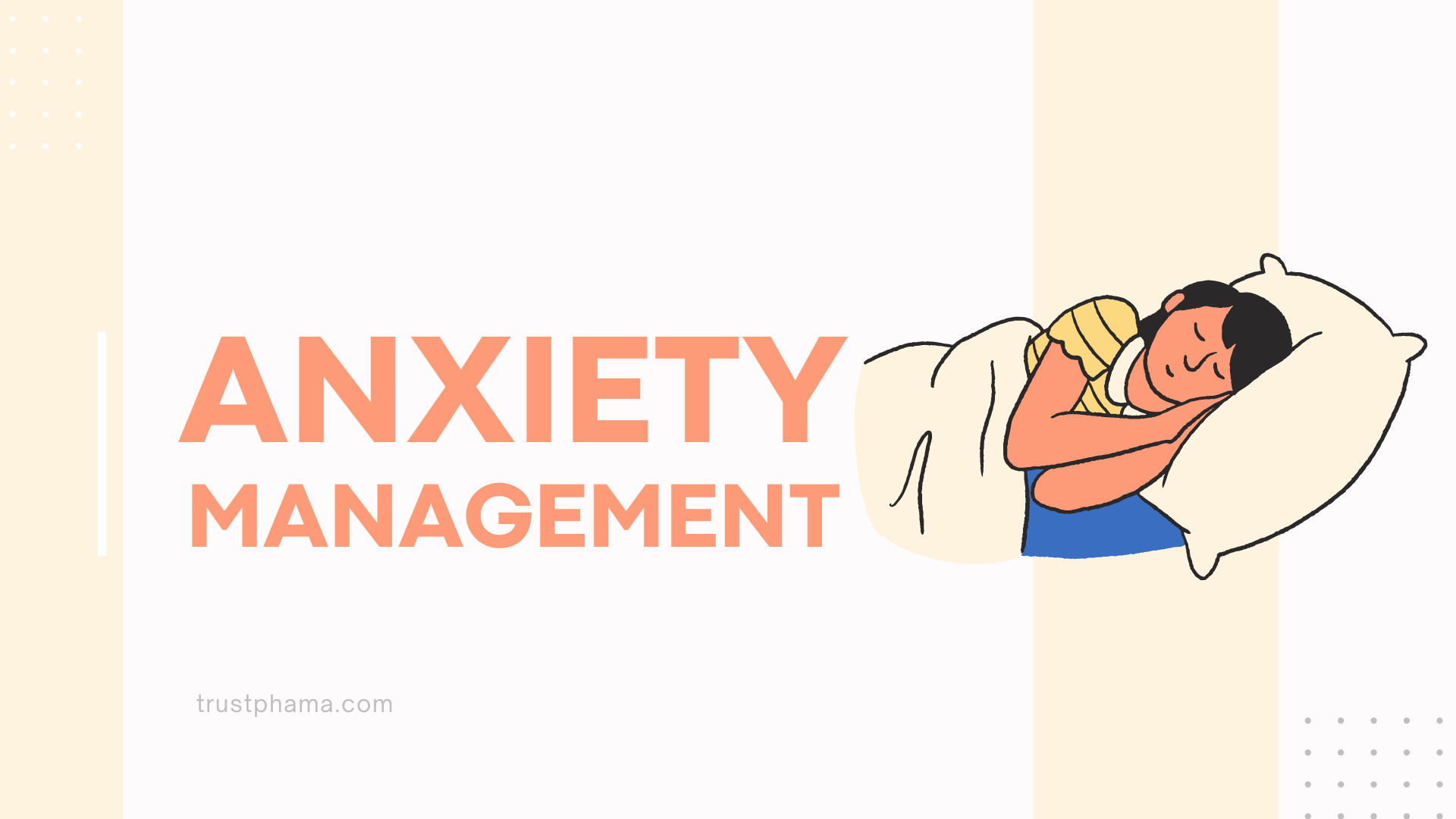As individuals age, they may experience heightened anxiety due to various factors such as health concerns, life changes, or the natural aging process itself. When anxiety becomes debilitating, medication can be a valuable tool to alleviate symptoms and improve quality of life. However, selecting the most appropriate anti-anxiety medication for elderly patients requires careful consideration of efficacy, safety, and potential side effects.
What does anti anxiety medication feel like?
Anti-anxiety medications can have different effects on people, but here’s a general idea of what you might experience:
Reduced Anxiety: The main goal is to feel less anxious. This can manifest as a lessening of worry, dread, or nervousness. You might feel calmer and more relaxed.
Improved Mood: Some medications, particularly SSRIs, can elevate mood and reduce symptoms of depression that often accompany anxiety.
Physical Effects: Since anxiety often presents with physical symptoms like muscle tension or a racing heart, the medication may make you feel more physically relaxed.
Reduced Negative Thoughts: Certain medications can help quiet intrusive thoughts or negative thought patterns that fuel anxiety.
Important to Note:
- Onset Time: It can take weeks for some medications to reach their full effect. Don’t get discouraged if you don’t feel a difference immediately.
- Subtle Shift: The changes may be subtle, particularly compared to the intense feelings of anxiety. You might realize you’re better able to manage stressful situations or not constantly on edge.
- Side Effects: Some people experience side effects like drowsiness, dizziness, or headaches when starting a new medication. These usually subside as your body adjusts. Be sure to discuss any side effects with your doctor.
Remember: It’s important to talk to your doctor about what to expect when taking anti-anxiety medication. They can answer your specific questions and address any concerns you may have.
What is the best anti-anxiety medication for the elderly?
Among the anti anxiety medications commonly prescribed for anxiety in older adults are Xanax (alprazolam), Ativan (lorazepam), Valium (diazepam), and Clonazepam (Klonopin). Each of these belongs to the benzodiazepine class of drugs, which are known for their rapid onset of action and effectiveness in managing acute anxiety symptoms. However, they also carry certain risks, particularly in elderly patients, including sedation, cognitive impairment, falls, and the potential for dependency.
Xanax (Alprazolam):
Xanax 1mg Alprazolam is a short-acting benzodiazepine often prescribed for its quick onset of action. It is effective in treating generalized anxiety disorder (GAD) and panic disorder. In elderly patients, Xanax 2mg bars should be used cautiously due to its potential to cause sedation and increase the risk of falls. Short-term use may be considered for acute anxiety episodes, but long-term use is generally avoided due to concerns about tolerance and dependence.
Ativan (Lorazepam):
Ativan 2mg Lorazepam is another benzodiazepine commonly prescribed for anxiety disorders in elderly patients. It has a longer duration of action compared to Xanax, making it suitable for managing anxiety over a longer period. Ativan is also used for its soothing effects, which can be beneficial for elderly patients experiencing insomnia or agitation. Like other benzodiazepines, caution is advised with Ativan due to the risk of sedation, cognitive impairment, and dependence.
Valium (Diazepam):
Valium 10mg diazepam is a long-acting benzodiazepine that is effective in treating anxiety disorders, muscle spasms, and seizures. Its longer duration of action may provide more sustained relief from anxiety symptoms in elderly patients compared to shorter-acting benzodiazepines like Xanax. However, similar to other benzodiazepines, Valium carries risks of sedation, drowsiness, and potential for dependence. Careful monitoring is necessary when using Valium in older adults, especially if they have impaired liver or kidney function.
Clonazepam (Klonopin):
Clonazepam 2mg rivotril is a longer-acting benzodiazepine that is effective for treating panic disorder, certain types of seizures, and anxiety disorders. Its longer half-life allows for less frequent dosing compared to shorter-acting benzodiazepines like Xanax. Clonazepam is often chosen for its sustained anti-anxiety effects and lower potential for interpose withdrawal symptoms. However, it still carries risks of sedation, dizziness, and cognitive impairment, which can be more pronounced in elderly patients.
Considerations for Elderly Patients:
When selecting an anti-anxiety medication for elderly patients, healthcare providers must carefully weigh the benefits and risks of each option. Factors such as the patient’s overall health, existing medical conditions, concurrent medications, and risk of drug interactions should all be considered. Non-pharmacological treatments, including therapy and lifestyle modifications, should also be integrated into the treatment plan to maximize effectiveness and minimize reliance on medications with potential side effects.
Conclusion:
In conclusion, Xanax, Ativan, Valium, and Clonazepam are all effective medications for managing anxiety in elderly patients. Still, they must be used cautiously due to their potential side effects and dependency. Close monitoring by healthcare providers is essential to ensure safe and effective treatment. Buy anti anxiety medication UK, and USA will depend on the individual patient’s needs, preferences, and overall health status, to improve their quality of life while minimizing potential risks.
